Chemistry (junior)
Where can I find information about chemistry?
(Years 5-8)
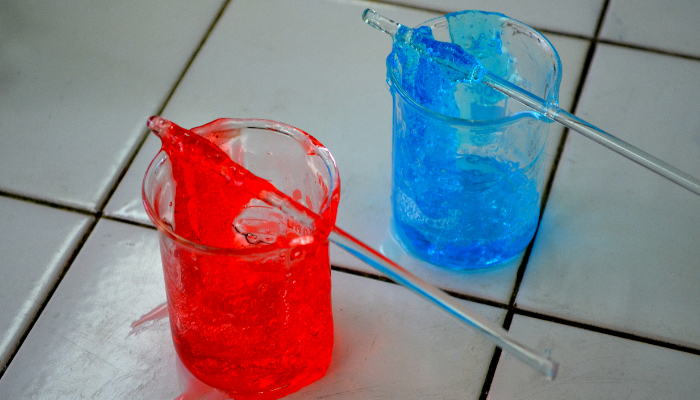
Image: Red and Blue slimes by Alessandro e Damiano on Wikimedia Commons.
Entry last updated: 10/07/25
Introduction
Chemistry is a branch of science and is the study of matter. It describes states of matter. There are three states of matter - solid, liquid and gas, and the changes (reversible and irreversible) that happen within each.
Useful Chemistry words
Here are some words you may find when learning about chemistry
Matter: Anything that has mass and occupies space. The most basic unit of matter is an atom.
Substance: A type of matter that has specific properties.
Element: A substance that is made of one type of atom.
States of matter: There are three phases or states of matter, solid, liquid, gas.
Reversible change: A change in matter can be undone.
Irreversible change: A change in matter cannot be undone.
Chemical reaction: A substance goes through a chemical change to become a different substance with new properties.
Physical change: A substance changes its form like its shape, but not what its made up of.
General Websites
Here are some websites to help you understand the subject of chemistry and matter.
Britannica School is one of the EPIC resources. EPIC is a collection of resources covering lots of different topics. It's put together especially for New Zealand school students and helps to answer questions like this.
Choose Primary for an easy-to-read summary, or Middle for more detail.
Enter the search word 'matter' into the search bar.
Choose Matter for an overview.
Or you could search for a different chemistry word.
Tips: To get to the EPIC resources you will need a password from your school librarian. Or you can chat with one of our AnyQuestions librarians and they will help you online. Some EPIC databases may also be available through your public library.
This is another of the EPIC resources. It has easy to read information on lots of topics, including chemistry. To find information on the 'states of matter' you can:
Choose Science.
Select Physical Science then look at each of the three states of matter.
Then choose a state of matter like Liquids, Gases, or Solids.
Each topic page has a short description and then more information like book articles, images, and videos.
This site is funded by the New Zealand Government. There are articles, videos and activities to explore. You can search by topic, concept or the search feature. You can choose the Primary button to get results at that level.
Go to Concepts to check out collections of articles, videos and interactives about different science ideas.
Look at States of matter to find out about Melting and freezing.
Browse Properties of matter for the article Chemicals everywhere.
Tips: Websites that have .org or.net in the address can have good information. You can check the About Link on the website to see the information about who owns it and what it is about.
This is an educational YouTube channel with short videos about lots of science topics.
Go to Playlists and find the playlist Physical Science: Properties of Matter.
This is a list of videos about different chemistry topics including what matter is, properties of matter, chemical changes, oobleck and more.
This site has easy to read articles, diagrams and images on history, biography, geography, science and sport.
Select Science.
Then find Chemistry.
There are lots of links to find out about different chemistry subjects including Mixtures and Compounds, Melting and Boiling and more.
There is also a Glossary of words used in chemistry and what they mean.
Books
There are lots of books written on Chemistry, visit your local public library and school library to see what is in their collections.
How do molecules stay together? : a book about chemistry by Madeline J Hayes
States of matter by Mary Griffin
Chemistry for kids : homemade science experiments and activities inspired by awesome chemists, past and present by Liz Lee Heinecke.
Chemistry for curious kids : an illustrated introduction to atoms, elements, chemical reactions, and more! by Lynn Huggins-Coper.
SCIS no. 5463838
Topics covered
Related content
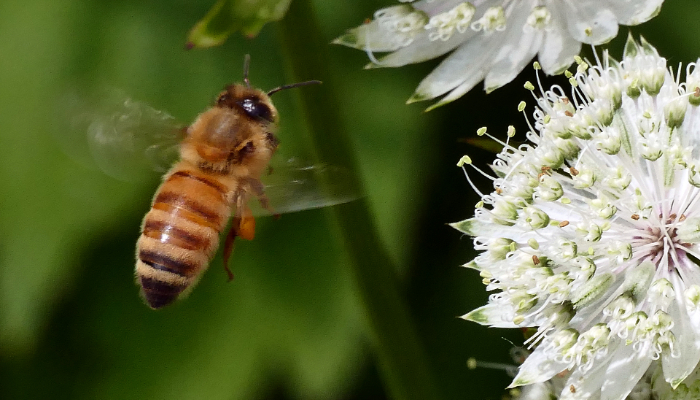
Biology (junior)
Where can I find facts and information about biology?
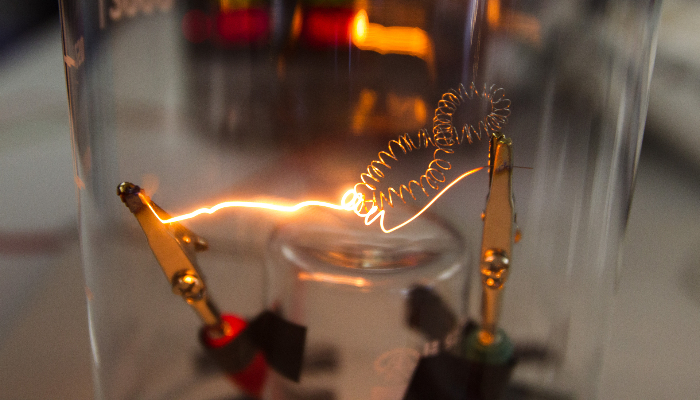
Physics (junior)
When can I find information about physics?

Plastic
Where can I find information about plastic?

Oil and gas (fossil fuels)
Where can I find information about oil and gas (fossil fuels)?
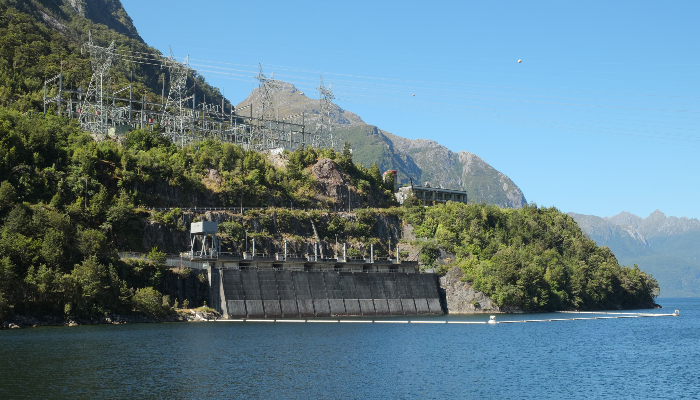
Renewable energy (junior)
Where can I find information about renewable energy?
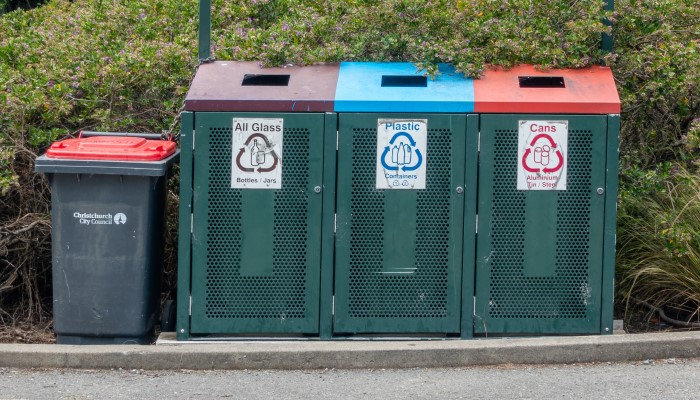
Recycling
Where can I find information and tips about recycling?
